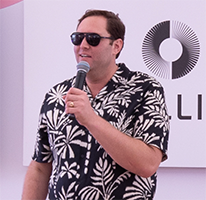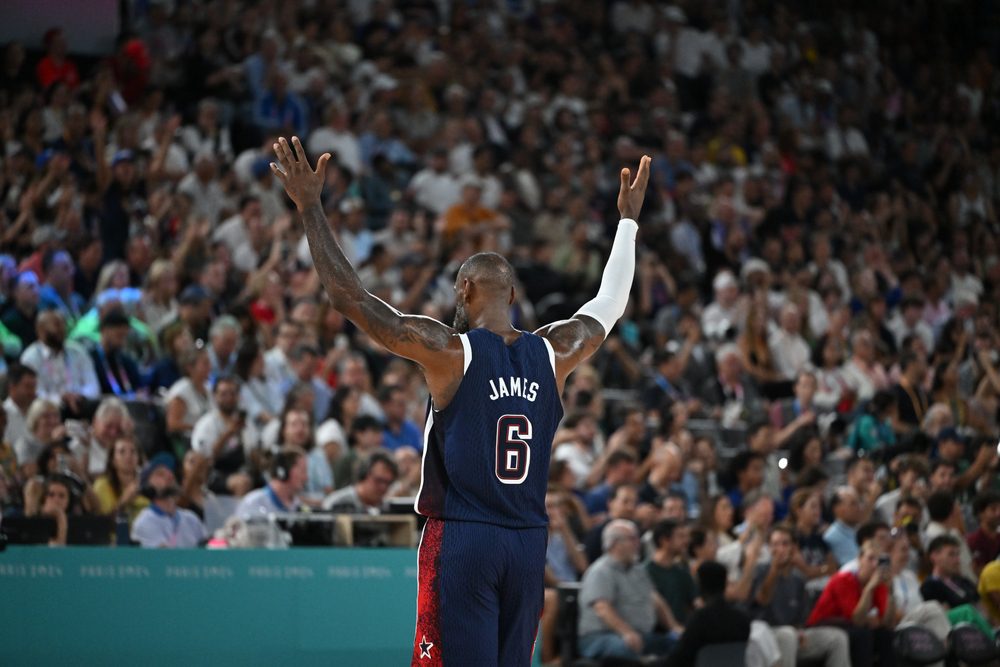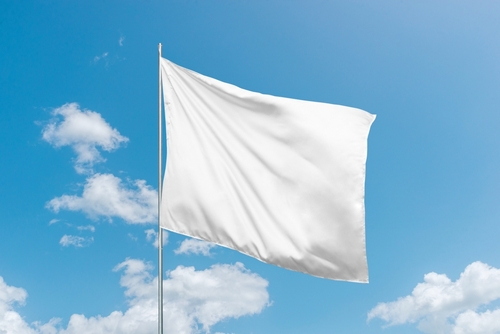In a perfect world, the McDonald’s “scandal” would have been the most significant event in the summer of 2001.
The events of Sept. 11, sadly, proved the whole affair to be exceedingly insignificant — which, of course, it was all along.
It may have been the first time the attention of all media turned to the promotion industry. I don’t think we’ve ever fielded as many calls from the general business press or consumer outlets — we’ve certainly never guested on an Ann Arbor, MI, radio show before.
It also may have been the first time anyone was truly interested in the names of those who won a promotional game — not only the people in Uncle Jerry’s nefarious ring, but the 55 people who benefited most from his alleged crimes by winning McDonald’s make-good game over Labor Day weekend. (The list included a former homeless man in Florida and a Taco Bell franchisee in Pennsylvania. See mcdonalds.com for the others.)
Uncle Jerry’s scam should rightfully make an impact in the backrooms of the promotion industry. Security policies will be changed, accounts will be moved, and one very large company — Simon Worldwide, Uncle Jerry’s employer — may not recover from losing the McDonald’s account. That’s an unfortunate possibility that could affect hundreds of people, which is significant. (See senior editor Betsy Spethmann’s story in “Marketers” for a full examination of the potential ramifications.)
But elsewhere? The cliched much “ado,” basically. By the time a federal grand jury handed down 21 indictments on Sept. 10, media coverage was down substantially. Few outlets even bothered to visit McDonald’s during the make-good game. The New York Times did, and its reporters had difficulty finding people in the Chicago area — customers and employees alike — who even knew the game was running. (We found the same to be true around Connecticut, although in-store signage was plentiful.)
Does that mean McDonald’s failed? Quite the contrary. It probably means that most consumers either didn’t know, or didn’t care, about the whole affair. When more than one-third of the population believes that no one really wins games, contests, and sweepstakes (based on a summer 2000 survey of 2,000 people conducted for PROMO by Greenwich, CT-based NFO Research), one rigged game may not be such a big deal. And that means McDonald’s made out OK.
Three Cheers (One Snide)
The trade and business press criticized McDonald’s for unwittingly letting Uncle Jerry operate for so long, and that’s probably fair — especially since the latest round of indictments suggests the game-rigging began in the late 1980s. Personally, I can’t fault someone for trusting — no matter how blind that trust may be. I know that’s a naïve way of thinking, but I’d rather be once-bitten, twice shy than constantly skeptical.
And can we give McD some credit for running games with what appears to be a clear intention to award the top prizes? How many promotions elsewhere have been designed with slippage in mind, or devised to make it all but impossible to win?
Besides, there are still plenty of marketing shysters out there who do more damage on a daily basis than McDonald’s or any other legitimate company could with any kind of scandal.
My latest personal example concerns N.M.E., Clearwater, FL, which mailed a “second notice” to me in August reminding me about their $1 million sweeps — in the same wording that got Publishers Clearing House into all that trouble. When I called the toll-free hotline to enter, “Laura” informed me that “no purchase or payment is necessary to win,” although none had even been suggested beforehand. “This is our way of saying thanks for being a valued credit-card holder,” Laura explained. “You do carry an American Express, Visa, MasterCard, or Discover Card, don’t you?”
She then went into the magazine subscription pitch, finally giving up after I said no for the fourth time. Maybe N.M.E. will award its prize, but am I supposed to believe that after this experience? And how could the McDonald’s scandal sour consumer opinion when this kind of stuff is out there?
And, let’s all give a pat on the back to Uncle Jerry, who apparently added a cause component to his scheme by anonymously mailing a $1 million gamepiece to St Jude’s Children’s Hospital in Memphis back in 1995, according to media reports. (McDonald’s waived its “winners-only” clause and granted the prize.)
There you have it. A brief McFlurry of activity followed by a lot of shoulder shrugging. The marketing world goes on.
One final thought: Several times while writing this, I had to stop myself from using such words as “victim” and “survive,” terms that were bandied about liberally in the scandal’s media coverage, but which really don’t belong in any story about marketing.
I only wish there had been a less-devastating way to get back my perspective.
 Network
Network

